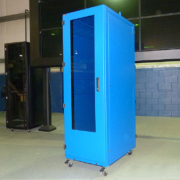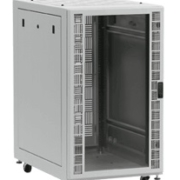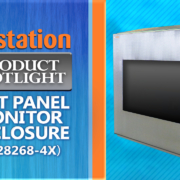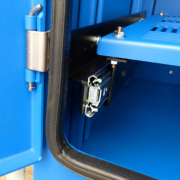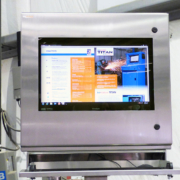3 Considerations for Computer Enclosures
While performing an Internet image search, computer enclosures – from various companies – may look very similar. However, computer enclosures are not created equal!
In a factory or manufacturing environment, a high-quality, industrial computer enclosure will protect vital electronic components better than subpar enclosure products. When a customer makes a computer enclosure decision based solely on the lowest price, they fail to consider the electronics which will be stored inside of the enclosure. Electrical components housed inside of a dependable, protective computer enclosure will have a longer life and will continue to work, even in the harshest of environments.
3 Aspects of a Quality Computer Enclosure:
Enclosure Construction
Material construction is one of the most important factors in determining the quality of a computer enclosure. For a durable product, the gauge or thickness of the steel – used to build the body of the computer enclosure – should be around 14 gauge (5/64” thick). The higher number for a gauge of steel equals a thinner material. According to the website Sciencing, “Standard sheet steel comes in various thicknesses which are classified by steel gauge. Each gauge has a tolerance range to allow for small variances in thickness.” For example, a cabinet that uses 18-gauge (1/80” thick) or 20-gauge steel (3/80” thick) is the equivalent material of a standard filing cabinet. This ‘thinner’ material will not have the necessary ruggedness to withstand an industrial environment for an extended period.
The type, style, and quality of computer enclosure hardware used on the cabinet is also of importance. Durable computer enclosure products will use heavy-duty or stainless-steel hardware for the doors, drawers, hinges, and/or latches. Many lower priced enclosure options utilize carbon steel hardware that can rust over time, making it difficult to open and probably a little noisy. Stainless steel hardware will last ‘forever and a day’ and is corrosion resistant, which means it can withstand a washdown. Heavy-duty plastic hardware can also be used for the enclosure’s hardware.
Enclosure Finish
Compared to a traditional “wet spray” paint finish, heavy-duty steel enclosures with a powder coat finish are less likely to scratch. The process of powder coating requires a clean surface that is sprayed with electrostatically charged polyester powder, and then finished off with a curing in an oven. Powder coating is also advantageous if using the computer enclosure outdoors, as it is more UV resistant when compared to liquid paints. The blog, ‘What Types of Powder Coating Are There?’ explains the durability of powder coating, “The [powder coating] process allows people to coat various metal parts and pieces with an extra layer of protection that is as durable as it is attractive. Though often confused with a typical paint job, powder coating offers a much more robust level of security for your metal parts.
There is more to selecting the correct computer enclosure than just an inexpensive price. Research an enclosure company which will provide a superior product in a reasonable timeframe. Communication is key to building an enclosure that will suit the needs of your manufacturing process. The old saying holds true: “you get what you pay for.”
HAVE QUESTIONS? LET US KNOW HOW WE CAN BEST ASSIST YOU! CONTACT AN ‘ITSENCLOSURES EXPERT’ AT 1-800-423-9911 -or- SEND US AN EMAIL: INFO@ITSENCLOSURES.COM

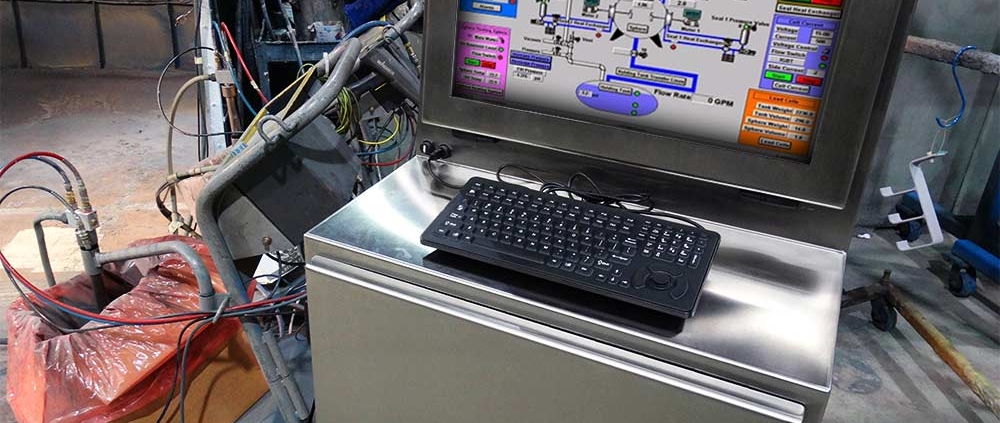
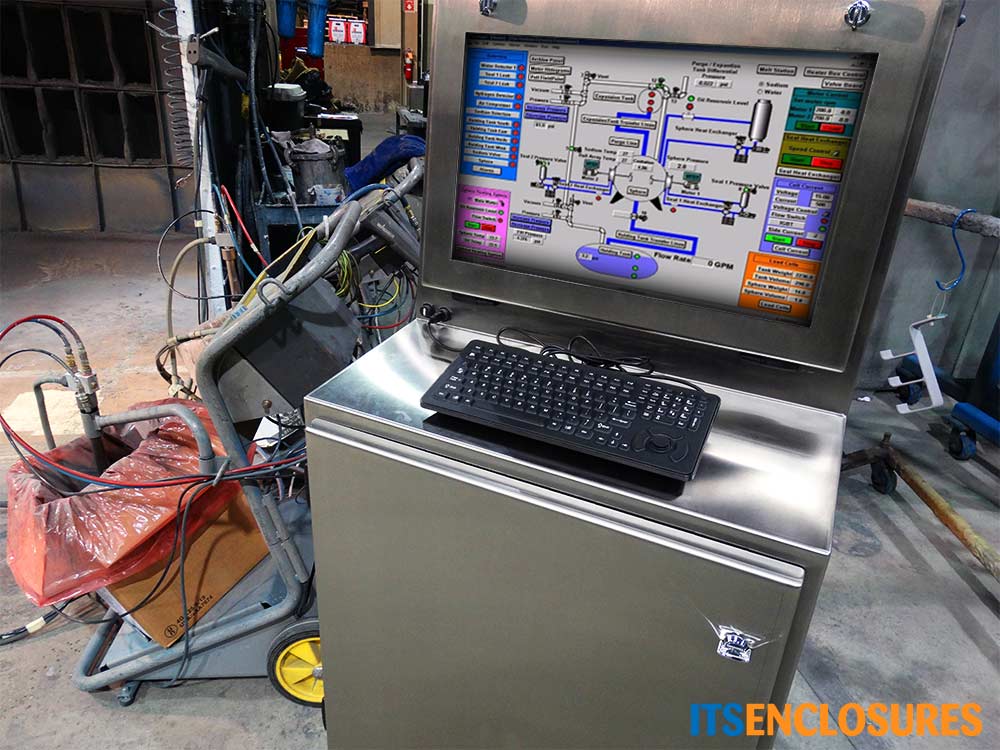
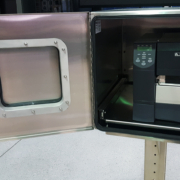 ITSENCLOSURES, 2022
ITSENCLOSURES, 2022 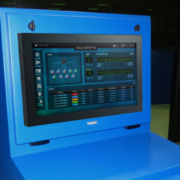
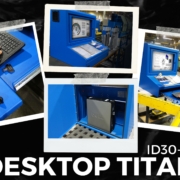 Copyright 2023
Copyright 2023 